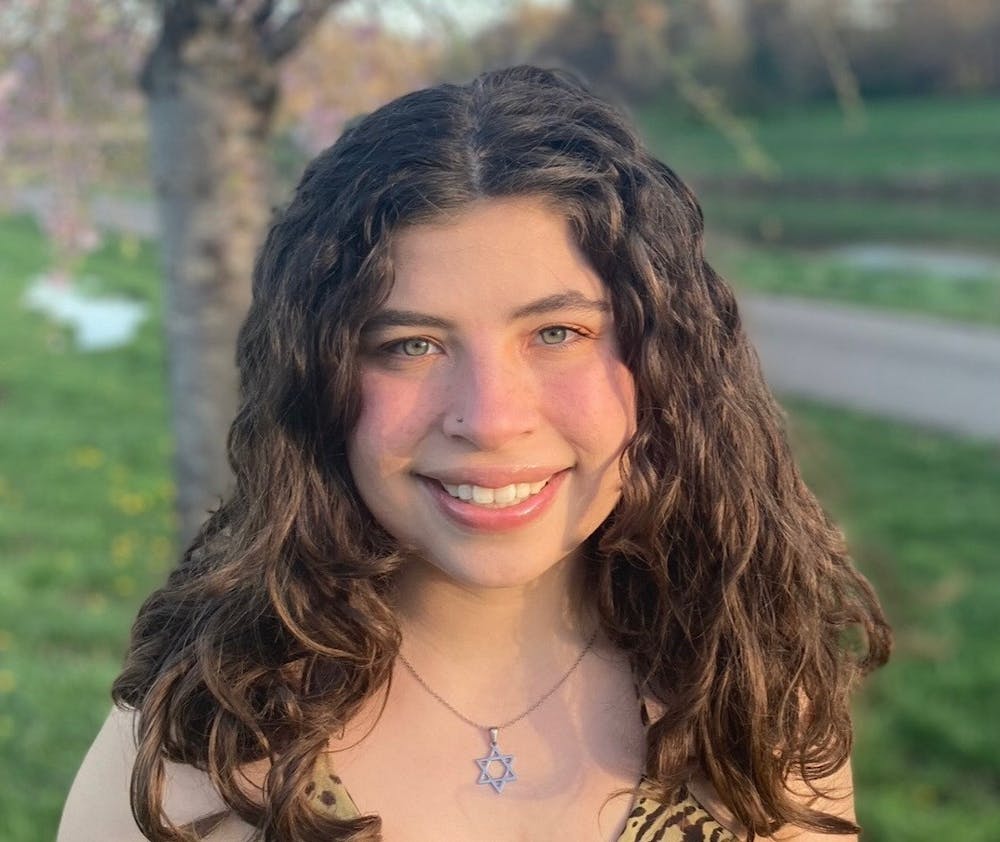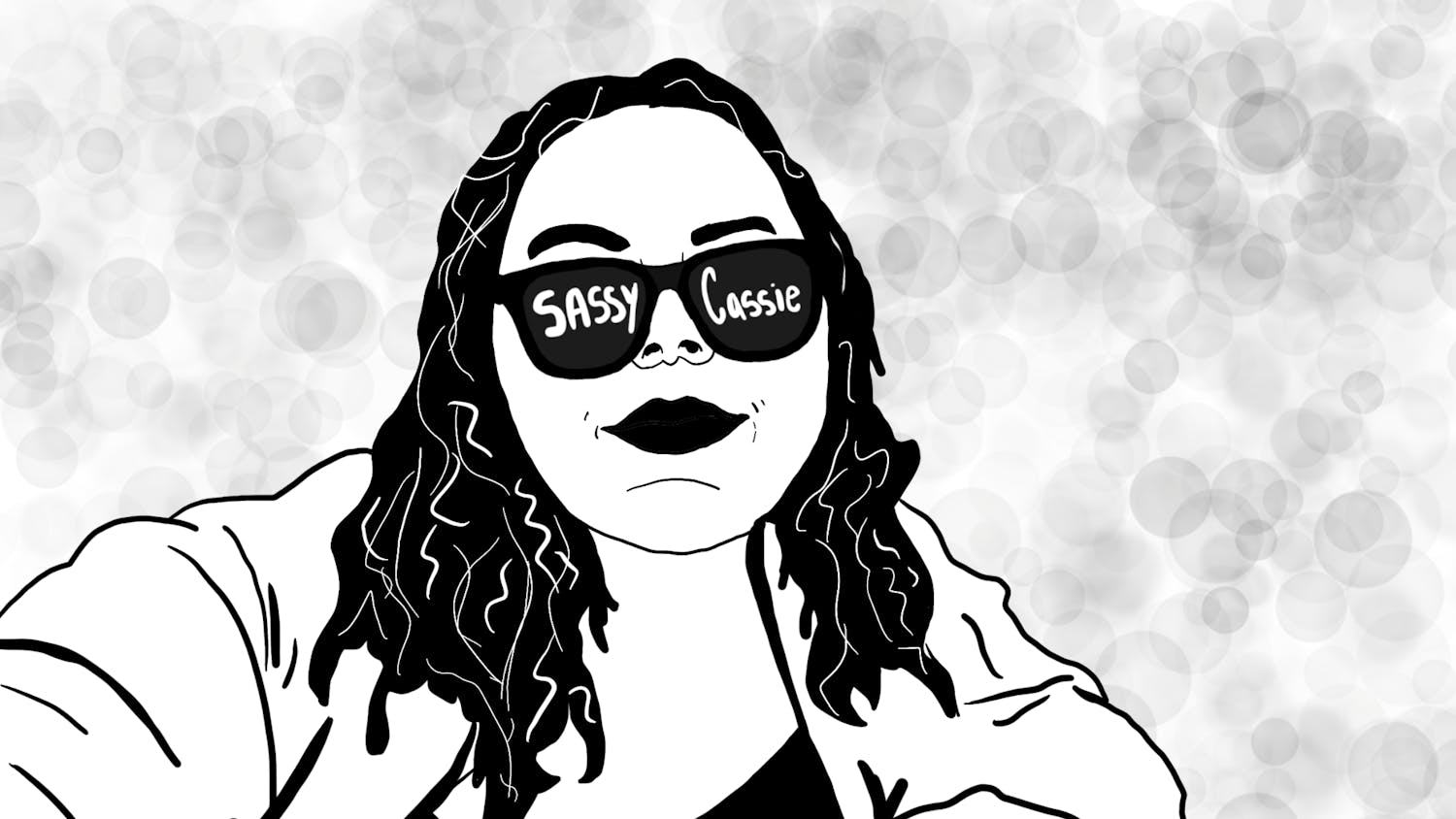Being Jewish is a central part of my life. It dictates my morals, how I view myself in the world and how I spend much of my time. When I share this with most people, they are astonished. They ask how I can subscribe to an “organized religion” and how I can be so passionate about something so contested. Most are curious as to how I can center so much of my life around one thing. The truth is, though, that everybody has a religion. They just don’t see it as such.
During lockdown in the spring of 2020, there was a surge of young people, especially women and girls, taking an interest in spirituality. It seemed like everyone was buying crystals, learning how to read tarot cards and memorizing their astrological charts. Why the sudden mass interest? Because people had been cut off from human interaction and cut off from their communities. And so it became imperative for their mental health to find a community and meaning for their lives beyond in-person interaction or labor. Because of this, “spirituality” became a more mainstream type of religion, and the merits of it became clearer to Millennials and Generation Z. But the truth of the matter is, everyone had been practicing religion all along, even if they did not realize it.
Religion can be understood as a belief in and worship of a deity, a particular system of worship or an interest to which one assigns supreme importance. Every person follows one of the three or a combination.
I recently had a conversation about this very subject with a dear friend of mine. He said he once dated a young woman who “would refuse to date a religious person.” I asked what her religion was, given the three interpretations of religion. He thought about it and said “career advancement.” Although this woman claimed to be a-religious and did not want a “religious person” in her life, she did follow a religion.
This is not to say that one’s hobby or one’s passions are automatically their religion. However, what one fills the majority of their time with and what determines someone’s morals and personal practices is their religion.
As I’ve written about previously, there is a growing anti-religious sentiment in the West. There is a rise of secularism, and an aversion to so-called “organized religion.” If we all acknowledged that we all worship something, whether we do it in a sanctuary or in a stadium, then maybe the anti-religious movement would be more understanding of non-secular lifestyles.
There is a fundamental misunderstanding of what being religious means, but putting the central point of each person’s life into the perspective of religion could fix that.
Judaism is my religion. Maybe yours is your major, your favorite sports team or something else. Whatever it is, we all have something we are devoted to that we are deeply passionate about and that affects our morals as well as how we spend our time. Everyone has something. Whether that be an organized religion or something else, it almost doesn’t matter. What matters is respecting everyone’s “religion” and not letting stereotypes or some other prejudice get in the way of it.
Hadass Galili is a senior studying political science pre-law at Ohio University. Please note that the views and opinions of the columnist do not reflect those of The Post. Do you agree? Tell Hadass by tweeting her at @HadassGalili.






